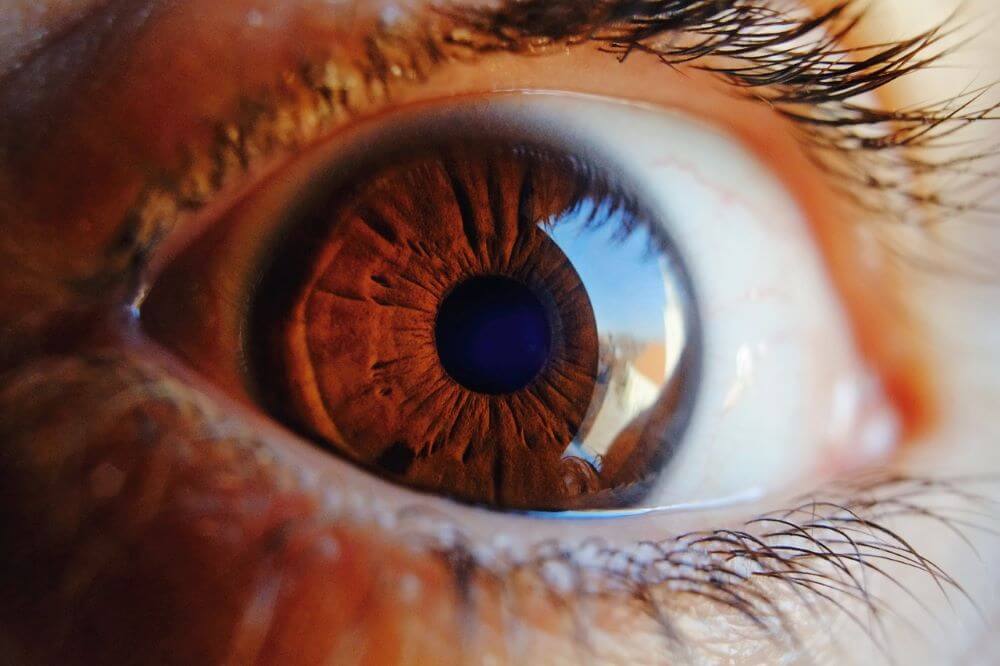Thyroid eye disease, a rare autoimmune condition, causes eye inflammation and bulging that can lead to severe discomfort and vision problems. If left untreated, it may result in blindness. Tepezza, known generically as teprotumumab, has emerged as a groundbreaking treatment for this disorder.
Developed by Horizon Therapeutics, PLC, this biologic medication is administered through intravenous infusions. It works by targeting and inhibiting insulin-like growth factor-1 receptors (IGF-1R), which are overactive in thyroid eye disease patients.
The treatment regimen typically spans about five months, with infusions every three weeks in a clinical setting. As the only FDA-approved therapy for thyroid eye disease, Tepezza represents a significant medical advancement.
However, its use has been associated with potential side effects.
This includes reports of hearing loss and tinnitus, which have led to legal action against the manufacturer. Numerous patients have filed a Tepezza lawsuit as a result of the severe side effects they experienced. In this article, let us know more about what is happening around the product.
Treatment Of Eye Disease Costing Hearing Loss
Hearing impairment has emerged as a significant concern with Tepezza treatment for thyroid eye disease. Clinical studies involving 170 patients revealed that 10% experienced hearing issues, compared to none in the placebo group. These problems ranged from hearing loss to tinnitus and altered sound sensitivity.
Smaller studies have shed further light on this issue. One study of 28 patients found that 46% reported hearing symptoms after four infusions, primarily describing plugged or muffled hearing. Another study with 27 patients showed an alarming 82% developing new hearing symptoms, with less than half experiencing improvement after 39 weeks.
The mechanism behind Tepezza’s impact on hearing relates to its function as an insulin-like growth factor-1 receptor inhibitor. By blocking IGF-1, which normally protects inner ear hair cells, Tepezza may increase their vulnerability to damage, potentially leading to hearing loss.
Given these risks, careful consideration and monitoring are crucial when using Tepezza. Doctors typically assess hearing before, during, and after treatment. Patients and healthcare providers must weigh the benefits of treating thyroid eye disease. This should be done against the potential for hearing complications when considering Tepezza as a treatment option.
FDA’s Labeling Update
The Food and Drug Administration has recently updated Tepezza’s warning label to include hearing impairment or loss as a significant concern. This modification places hearing issues among the drug’s main precautions, alongside infusion reactions, inflammatory bowel disease exacerbation, and hyperglycemia.
The new warning emphasizes the potential for severe, sometimes permanent, hearing impairment. This update comes shortly after Tepezza’s approval in Brazil for thyroid eye disease treatment.
Notably, Horizon Pharmaceuticals faces an increasing number of lawsuits related to hearing complications, with claims that these risks were not adequately disclosed initially. According to TorHoerman Law, there have been 150 filings to date stating their negligence as to warn about these risks.
Although permanent hearing loss was observed during clinical trials, the explicit warning has only recently been added to the label. A study published in Endocrine Practice highlighted the prevalence of hearing-related adverse events. With 16% of patients reporting issues such as tinnitus, hearing loss, and eustachian tube dysfunction.
Frequently Asked Questions (FAQs)
How common is hearing loss as a side effect of Tepezza?
Hearing problems, including hearing loss, were commonly reported during Tepezza’s clinical trials. While not everyone may experience this side effect, it is essential to be aware of the possibility and monitor your hearing throughout treatment.
What should I do if I suspect hearing loss while on Tepezza?
If you suspect that you are experiencing hearing loss or any related issues while using Tepezza, contact your healthcare provider immediately for evaluation. Regular monitoring of your hearing during Tepezza treatment is recommended to address any changes promptly.
Does Tepezza have any long-term adverse effects?
While serious long-term side effects are not common, Tepezza may lead to temporary issues such as hearing problems, hair loss, and nail changes during treatment. It is essential to discuss any concerns with your healthcare provider.
Are there any precautions to consider before starting Tepezza treatment?
Before initiating Tepezza treatment, it is important to discuss your health history with a healthcare provider. Conditions such as inflammatory bowel disease, diabetes, allergies, pregnancy, breastfeeding, and alcohol consumption should be addressed to ensure the safe usage of the medication.
The drug’s efficacy must be weighed against its potential side effects, particularly the risk of hearing impairment. As medical understanding evolves, so too does the recognition of Tepezza’s impact on patient health. The recent FDA label update underscores the importance of vigilant monitoring and informed decision-making in healthcare.
Patients and providers must engage in open dialogue about the benefits and risks, ensuring that treatment choices align with individual health needs and priorities. As research continues and more data emerges, the medical community’s approach to Tepezza may be further refined, potentially leading to improved protocols for minimizing risks while maximizing therapeutic benefits.

